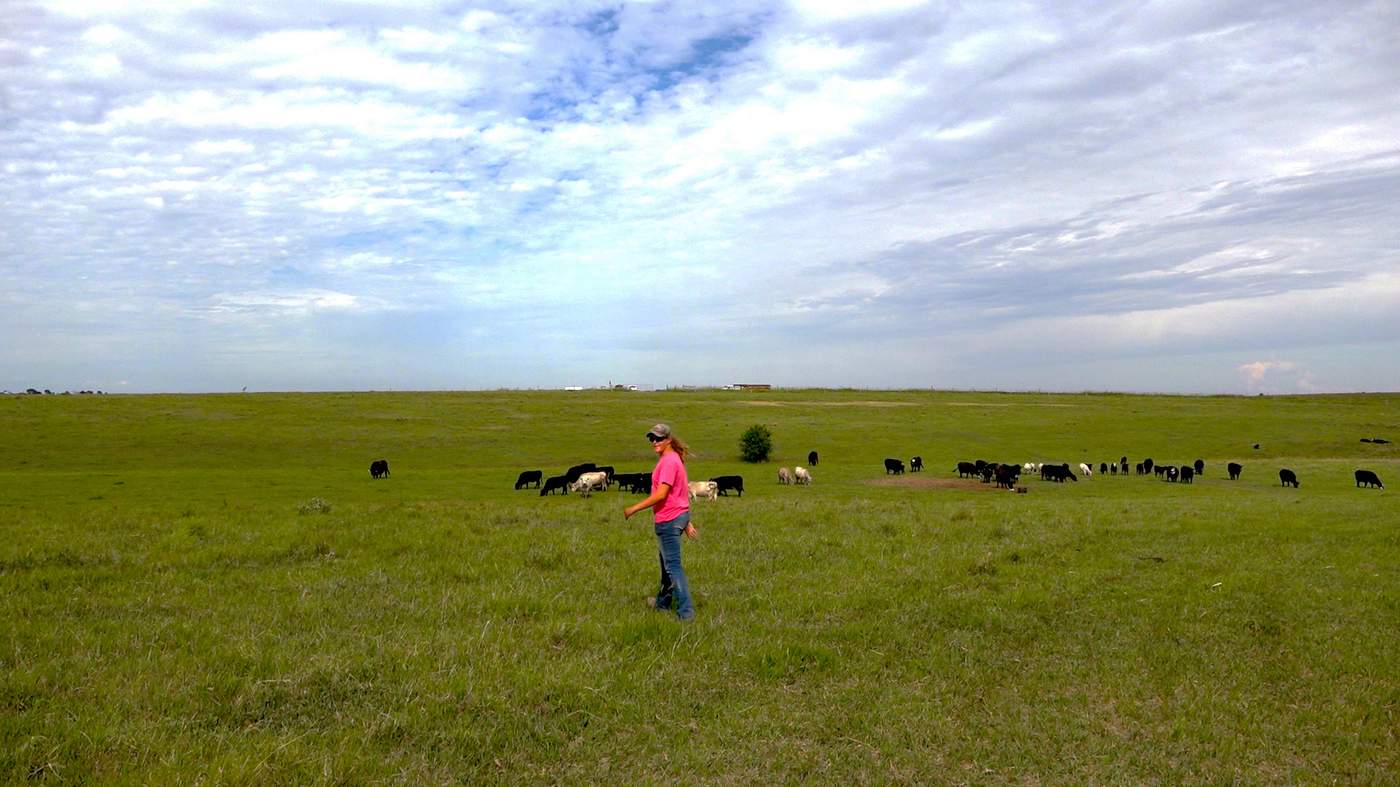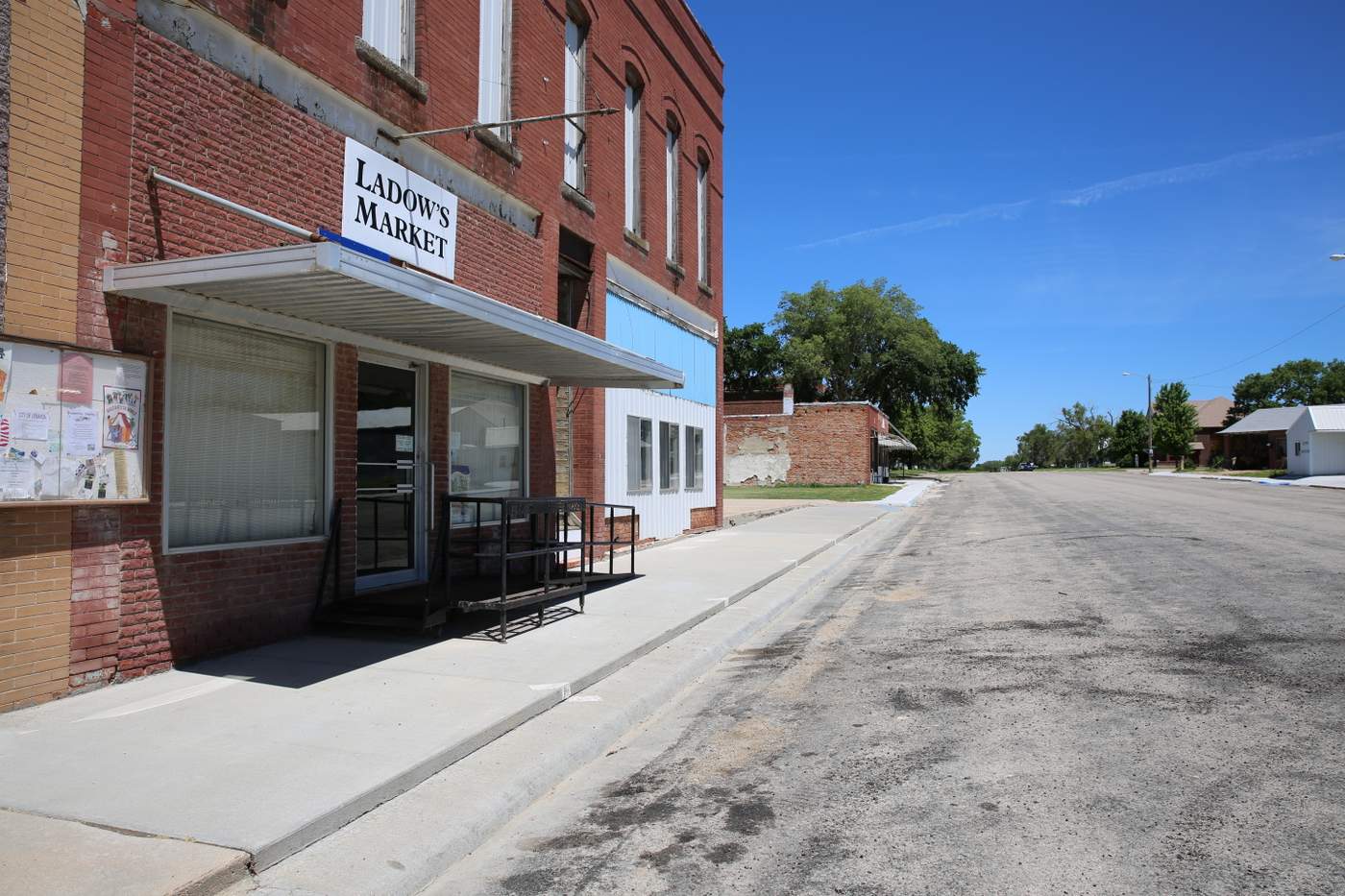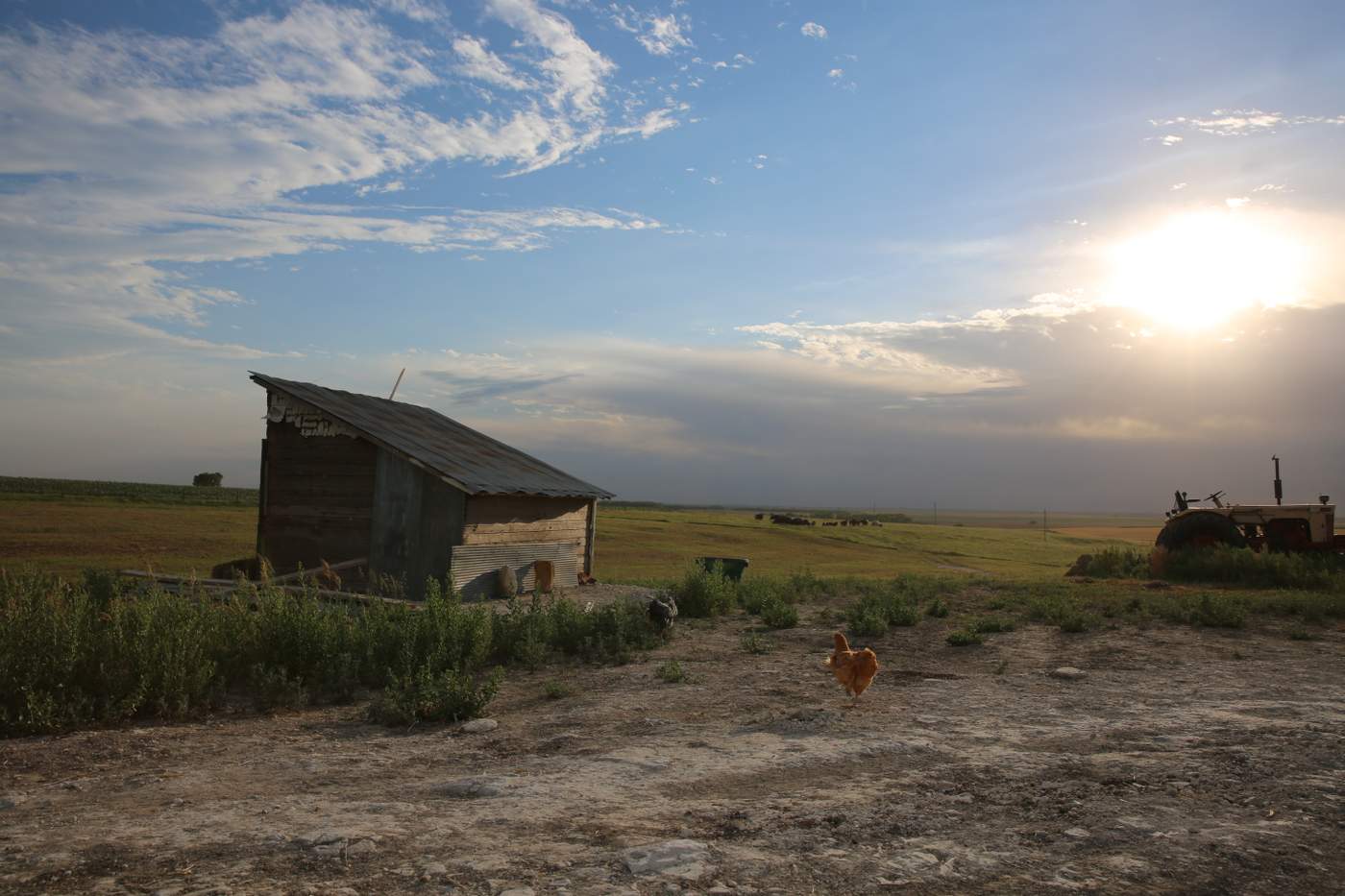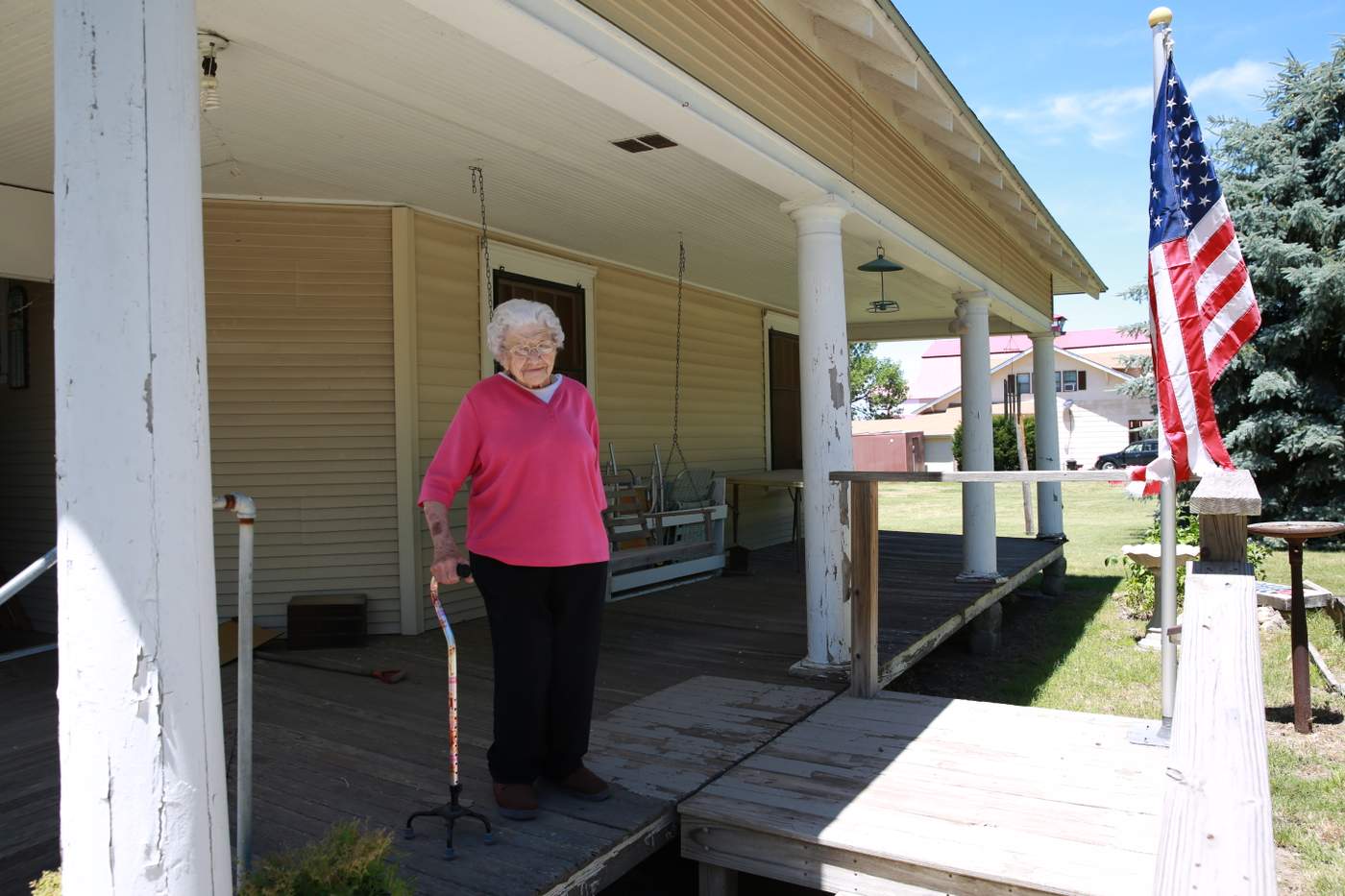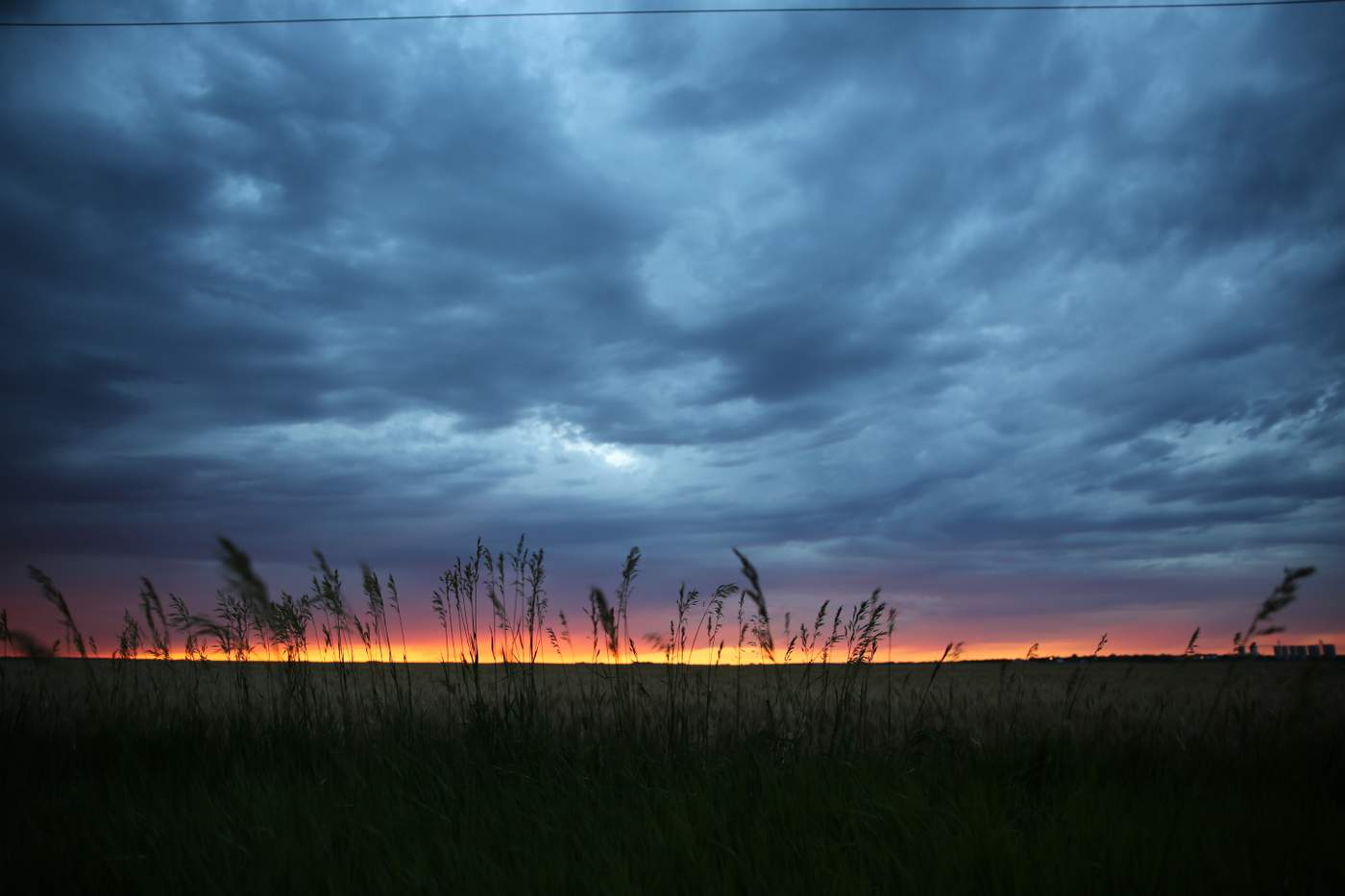Notice: Undefined index: slides in /data/www-projects/lebanon-kansas/templates_c/a9006d636b4e7d33cc3bb5038e9d85332fbe4286_0.file.template.tpl.php on line 369
Notice: Trying to get property 'value' of non-object in /data/www-projects/lebanon-kansas/templates_c/a9006d636b4e7d33cc3bb5038e9d85332fbe4286_0.file.template.tpl.php on line 369
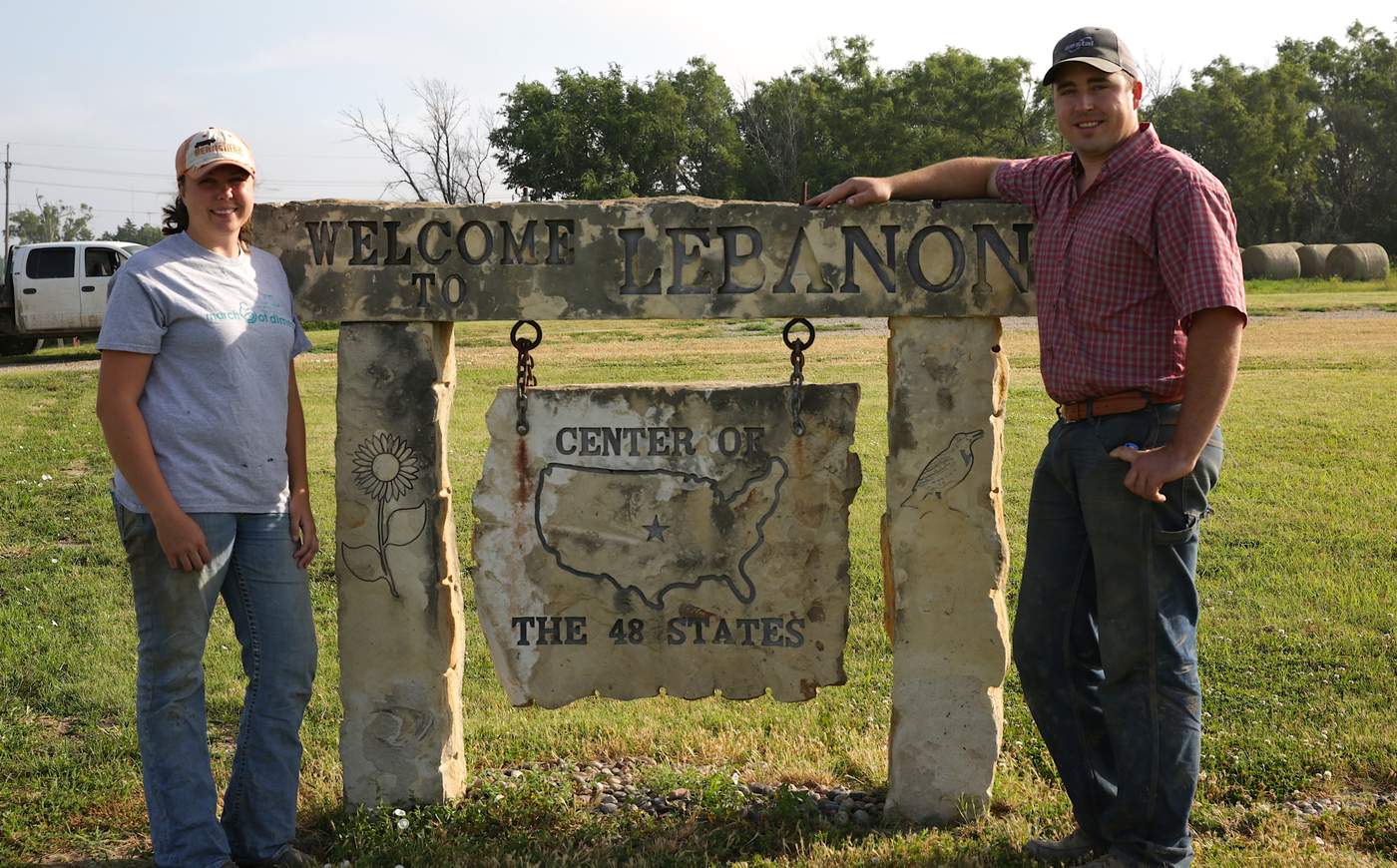
Notice: Undefined index: slides in /data/www-projects/lebanon-kansas/templates_c/a9006d636b4e7d33cc3bb5038e9d85332fbe4286_0.file.template.tpl.php on line 403
Notice: Trying to get property 'value' of non-object in /data/www-projects/lebanon-kansas/templates_c/a9006d636b4e7d33cc3bb5038e9d85332fbe4286_0.file.template.tpl.php on line 403
Notice: Undefined index: slides in /data/www-projects/lebanon-kansas/templates_c/a9006d636b4e7d33cc3bb5038e9d85332fbe4286_0.file.template.tpl.php on line 493
Notice: Trying to get property 'value' of non-object in /data/www-projects/lebanon-kansas/templates_c/a9006d636b4e7d33cc3bb5038e9d85332fbe4286_0.file.template.tpl.php on line 493
Notice: Undefined index: slides in /data/www-projects/lebanon-kansas/templates_c/a9006d636b4e7d33cc3bb5038e9d85332fbe4286_0.file.template.tpl.php on line 526
Notice: Trying to get property 'value' of non-object in /data/www-projects/lebanon-kansas/templates_c/a9006d636b4e7d33cc3bb5038e9d85332fbe4286_0.file.template.tpl.php on line 526
Notice: Undefined index: slides in /data/www-projects/lebanon-kansas/templates_c/a9006d636b4e7d33cc3bb5038e9d85332fbe4286_0.file.template.tpl.php on line 615
Notice: Trying to get property 'value' of non-object in /data/www-projects/lebanon-kansas/templates_c/a9006d636b4e7d33cc3bb5038e9d85332fbe4286_0.file.template.tpl.php on line 615
Notice: Undefined index: slides in /data/www-projects/lebanon-kansas/templates_c/a9006d636b4e7d33cc3bb5038e9d85332fbe4286_0.file.template.tpl.php on line 648
Notice: Trying to get property 'value' of non-object in /data/www-projects/lebanon-kansas/templates_c/a9006d636b4e7d33cc3bb5038e9d85332fbe4286_0.file.template.tpl.php on line 648
Notice: Undefined index: slides in /data/www-projects/lebanon-kansas/templates_c/a9006d636b4e7d33cc3bb5038e9d85332fbe4286_0.file.template.tpl.php on line 681
Notice: Trying to get property 'value' of non-object in /data/www-projects/lebanon-kansas/templates_c/a9006d636b4e7d33cc3bb5038e9d85332fbe4286_0.file.template.tpl.php on line 681
Notice: Undefined index: slides in /data/www-projects/lebanon-kansas/templates_c/a9006d636b4e7d33cc3bb5038e9d85332fbe4286_0.file.template.tpl.php on line 771
Notice: Trying to get property 'value' of non-object in /data/www-projects/lebanon-kansas/templates_c/a9006d636b4e7d33cc3bb5038e9d85332fbe4286_0.file.template.tpl.php on line 771
Notice: Undefined index: slides in /data/www-projects/lebanon-kansas/templates_c/a9006d636b4e7d33cc3bb5038e9d85332fbe4286_0.file.template.tpl.php on line 861
Notice: Trying to get property 'value' of non-object in /data/www-projects/lebanon-kansas/templates_c/a9006d636b4e7d33cc3bb5038e9d85332fbe4286_0.file.template.tpl.php on line 861
Notice: Undefined index: slides in /data/www-projects/lebanon-kansas/templates_c/a9006d636b4e7d33cc3bb5038e9d85332fbe4286_0.file.template.tpl.php on line 863
Notice: Trying to get property 'value' of non-object in /data/www-projects/lebanon-kansas/templates_c/a9006d636b4e7d33cc3bb5038e9d85332fbe4286_0.file.template.tpl.php on line 863
Notice: Undefined index: slides in /data/www-projects/lebanon-kansas/templates_c/a9006d636b4e7d33cc3bb5038e9d85332fbe4286_0.file.template.tpl.php on line 865
Notice: Trying to get property 'value' of non-object in /data/www-projects/lebanon-kansas/templates_c/a9006d636b4e7d33cc3bb5038e9d85332fbe4286_0.file.template.tpl.php on line 865
